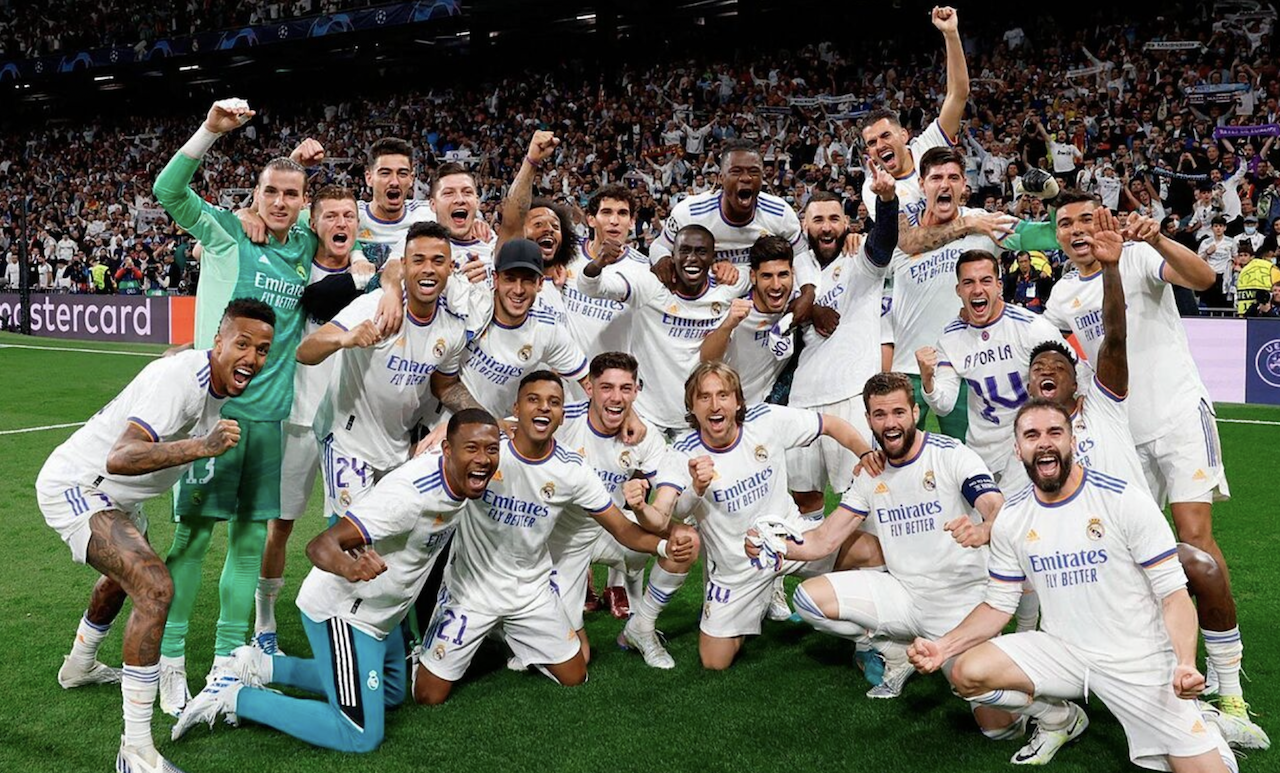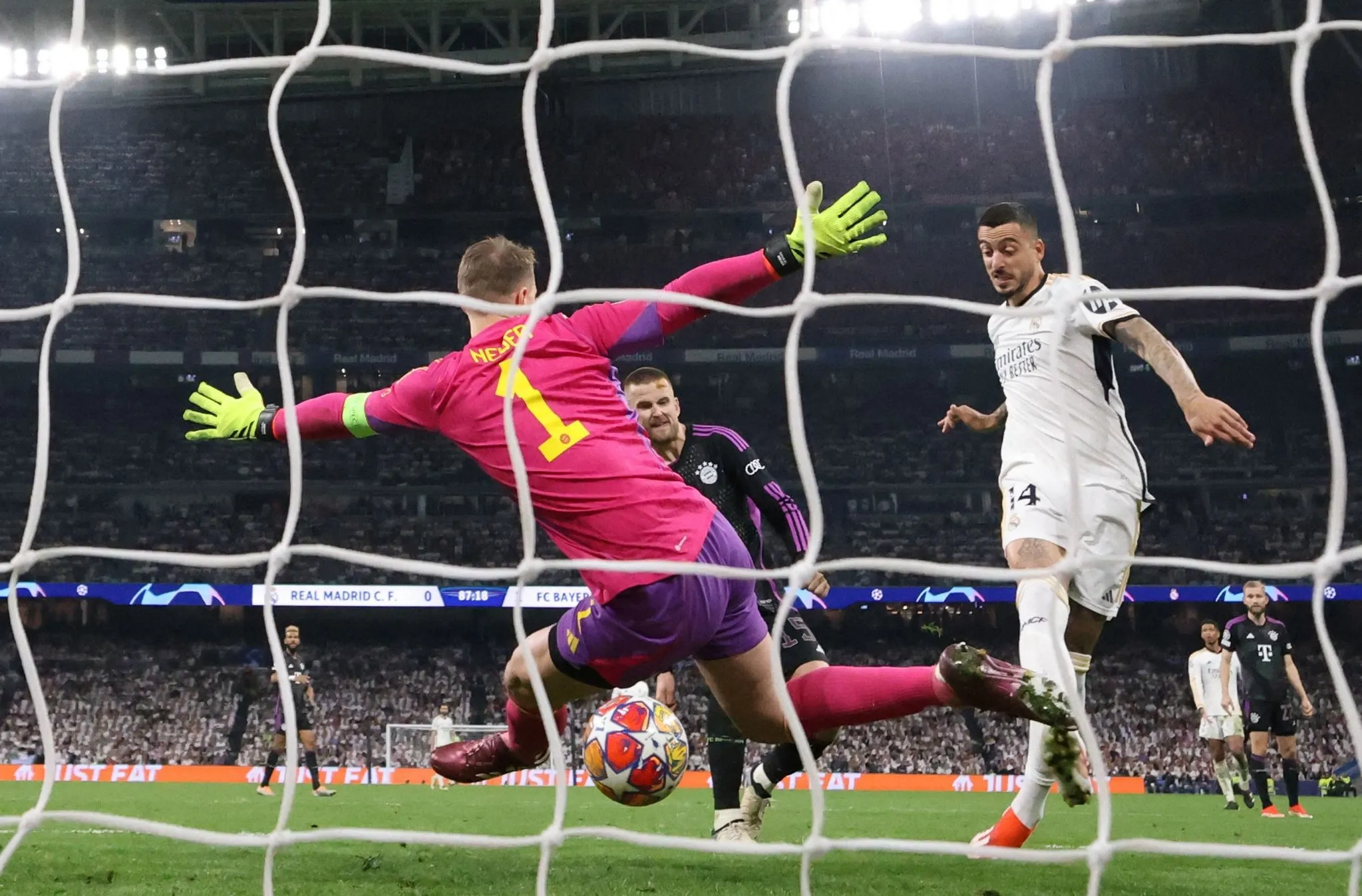Real Madrid: The Royal Club's Glorious Legacy
Real Madrid: The Royal Club's Glorious Legacy
Real Madrid Club de Fútbol, commonly referred to as Real Madrid, is not just a football club; it is a symbol of Spanish pride, sporting excellence, and a legacy of success. With a rich history spanning over a century, Real Madrid has established itself as one of the most iconic and successful football clubs in the world. In this comprehensive exploration, we will delve into the origins, evolution, triumphs, and challenges of Real Madrid, tracing its journey from humble beginnings to global prominence.
Founding and Early Years
Real Madrid was founded on March 6, 1902, by a group of football enthusiasts led by Juan Padrós. Originally named "Madrid Football Club," the team adopted the "Real" prefix in 1920, granted by King Alfonso XIII of Spain in recognition of its royal patronage. From its inception, Real Madrid embodied the spirit of the Spanish capital, representing the aspirations and identity of its people.
In its early years, Real Madrid faced numerous challenges, including financial instability and political upheaval. However, the club's determination and resilience helped it overcome these obstacles and establish itself as a prominent force in Spanish football. Real Madrid's first major success came in 1905 when it won the Copa del Rey, Spain's premier domestic cup competition, laying the foundation for future triumphs.
The Arrival of Santiago Bernabéu and the Birth of a Dynasty
One of the most pivotal moments in Real Madrid's history occurred in 1943 with the appointment of Santiago Bernabéu as club president. Under Bernabéu's visionary leadership, Real Madrid underwent a period of transformation and expansion, laying the groundwork for its emergence as a global footballing powerhouse. Bernabéu oversaw the construction of the iconic Santiago Bernabéu Stadium, which would become the club's spiritual home and a symbol of its ambition and prestige.
During the 1950s, Real Madrid experienced unprecedented success both domestically and internationally, winning five consecutive European Cups from 1956 to 1960, a feat that has never been matched. Coached by legendary figures such as José Villalonga and Miguel Muñoz and featuring iconic players like Alfredo Di Stéfano, Ferenc Puskás, and Raymond Kopa, Real Madrid's dominance in Europe captivated the world and established its reputation as the "kings of Europe."
The Galácticos Era and European Dominance
In the early 2000s, Real Madrid ushered in a new era of success with the arrival of the "Galácticos," a collection of superstar players assembled through lavish transfer spending. Led by president Florentino Pérez, Real Madrid signed global icons such as Zinedine Zidane, Luís Figo, Ronaldo Nazário, and David Beckham, creating a team that dazzled fans with its star power and attacking flair.
During this period, Real Madrid enjoyed immense success in both domestic and international competitions, winning multiple La Liga titles and UEFA Champions League trophies. The team's galactic lineup, combined with the tactical acumen of coaches like Vicente del Bosque and Carlo Ancelotti, propelled Real Madrid to new heights of glory and cemented its status as one of the most formidable clubs in the world.
Challenges and Renewal
Despite its success on the field, Real Madrid has faced its fair share of challenges and controversies over the years. Issues such as financial mismanagement, managerial instability, and internal conflicts have threatened to undermine the club's stability and unity. Moreover, increased competition from rival clubs, both domestically and internationally, has posed challenges to Real Madrid's continued dominance.
In recent years, Real Madrid has embarked on a process of renewal and restructuring, prioritizing youth development, strategic planning, and financial sustainability. The club's emphasis on promoting talent from its renowned youth academy, known as La Fábrica, reflects a commitment to long-term success and a return to the values that have defined Real Madrid throughout its history.
The Future of Real Madrid
As Real Madrid looks ahead to the future, it faces a period of transition and transformation. With a renewed focus on youth, sustainability, and competitiveness, the club is poised to build upon its rich legacy and continue its pursuit of excellence on and off the field. Real Madrid's enduring impact on the world of football is a testament to its enduring spirit, tradition, and commitment to greatness.
In conclusion, Real Madrid's journey from humble beginnings to global prominence is a testament to its resilience, ambition, and unwavering dedication to the pursuit of excellence. As the club enters its next chapter, one thing remains certain: the legacy of Real Madrid will endure for generations to come, inspiring football fans around the world and shaping the future of the beautiful game.
References
- "Real Madrid Club de Fútbol" (in Spanish). Liga de Fútbol Profesional. Archived from the original on 20 June 2019. Retrieved 6 January 2019.
- ^ "Los vikingos arrasan Europa". Ligadecampeones.com. 23 November 1960. Archived from the original on 25 April 2014. Retrieved 18 February 2013.
- ^ The White House:
- "D'Onofrio: "I always support Real Madrid; Bernabéu came to my house"". As.com. 7 December 2018. Archived from the original on 6 August 2020. Retrieved 2 January 2019.
- "Real Madrid Expecting 25,000 Fans at the Bernabeu For Cristiano Ronaldo Presentation". Goal.com. 24 June 2009. Archived from the original on 12 March 2022. Retrieved 24 June 2009.
- "Transfer Real Madrid: Mariano Diaz said the "White House" "can not be said no"". Vaaju.com. 10 August 2018. Archived from the original on 8 March 2021. Retrieved 10 August 2018.
- ^ "Real Madrid remind the world they are, and always will be, the Kings of Europe". goal.com. 28 May 2022. Archived from the original on 8 April 2024. Retrieved 8 April 2024.
- ^ "Kings of Europe more than ever". marca.com. 27 May 2018. Archived from the original on 8 April 2024. Retrieved 8 April 2024.
- a b Luís Miguel González. "Pre-history and first official title (1900–1910)". Realmadrid.com. Archived from the original on 29 December 2008. Retrieved 12 July 2008.
- a b c "Mundial 2030: España. Santiago Bernabeu (85.000 espectadores)" (in Spanish). Diario MARCA. 5 October 2023. Archived



















































